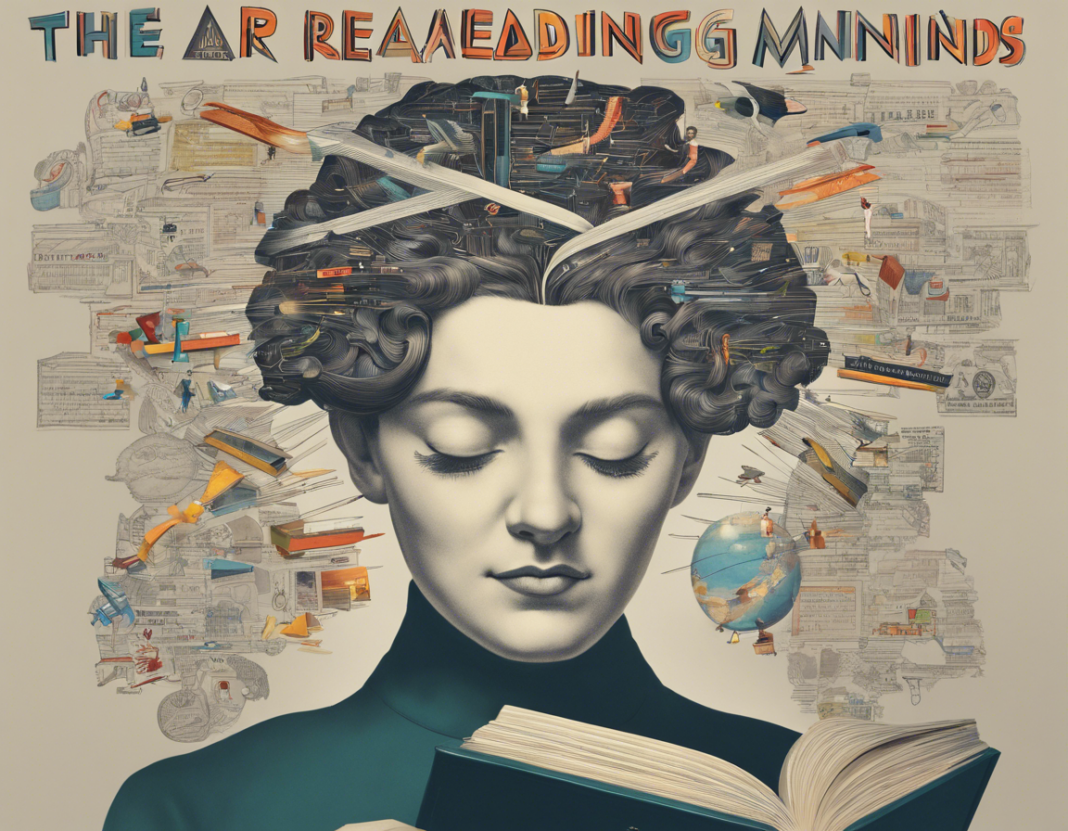Have you ever wished you could see inside someone’s mind and understand what they’re thinking? While we may not have the ability to read minds in the supernatural sense, there are ways to enhance our understanding of human behavior through the art of reading minds. By paying close attention to verbal and non-verbal cues, practicing empathy, and sharpening our observational skills, we can gain valuable insight into the thoughts, feelings, and intentions of those around us.
Understanding Non-Verbal Communication
One of the key elements of reading minds is paying attention to non-verbal cues. Body language, facial expressions, gestures, and tone of voice can all provide valuable clues about a person’s inner world. Here are some common non-verbal cues to watch for:
1. Body Language: Pay attention to a person’s posture, gestures, and movements. Crossing arms may indicate defensiveness, while leaning forward could signal interest or engagement.
2. Facial Expressions: The face is a window to the soul, as they say. Facial expressions can reveal a wealth of information about a person’s emotions, from a genuine smile indicating happiness to furrowed brows signaling confusion or concern.
3. Eye Contact: The eyes can be particularly revealing. Sustained eye contact can indicate attentiveness or attraction, while avoiding eye contact may suggest discomfort or deceit.
4. Gestures: Hand movements and gestures can also convey meaning. For example, tapping fingers may signify impatience, while nodding can signal agreement or understanding.
5. Tone of Voice: The way someone speaks can also provide insights into their emotional state. Inflections, speed, and volume of speech can all convey important information.
Practicing Empathy
Empathy is the ability to understand and share the feelings of others. By putting yourself in someone else’s shoes, you can better grasp their perspective and motivations. Empathy involves active listening, asking open-ended questions, and showing genuine interest in the other person’s experiences. When you practice empathy, you become better equipped to read between the lines and pick up on subtle cues that reveal what someone is truly thinking and feeling.
Sharpening Observational Skills
Observation is a powerful tool when it comes to reading minds. By paying attention to details in your environment and the people around you, you can pick up on patterns, inconsistencies, and clues that others may overlook. Here are some ways to sharpen your observational skills:
1. Be Present: Stay focused and fully present in the moment to notice subtle changes in behavior or expressions.
2. Practice Active Listening: Give your full attention to the speaker, listen for nuances in their words and tone, and ask clarifying questions to deepen your understanding.
3. Notice Patterns: Look for recurring behaviors or expressions that may reveal underlying thoughts or emotions.
4. Stay Curious: Approach interactions with a sense of curiosity and a desire to learn more about the other person.
5. Trust Your Instincts: Sometimes your gut feelings can provide valuable insights into a person’s true intentions or emotions.
FAQs on The Art of Reading Minds
Q1: Can anyone learn to read minds?
A: While not everyone may become an expert at reading minds, improving your ability to understand others is a skill that can be developed through practice and mindfulness.
Q2: How can I tell if someone is lying?
A: Signs of lying can include avoiding eye contact, fidgeting, inconsistencies in their story, and defensive body language. However, it’s essential to consider other factors and not rely solely on these cues.
Q3: Is it ethical to try to read minds?
A: Respect for others’ privacy and autonomy is crucial. It’s essential to use your understanding of others responsibly and with empathy, rather than manipulating or invading their thoughts.
Q4: Can body language be misleading?
A: While body language can provide valuable insights, it’s essential to consider cultural differences, individual variations, and context when interpreting non-verbal cues.
Q5: How can I improve my empathy skills?
A: Practice active listening, seek to understand others’ perspectives, and engage in compassionate communication to enhance your empathy skills over time.
In conclusion, the art of reading minds is a complex skill that combines observation, empathy, and intuition. By honing your ability to interpret non-verbal cues, practice empathy, and sharpen your observational skills, you can gain deeper insights into the thoughts and emotions of those around you. Remember that understanding others should be approached with respect, empathy, and a genuine desire to connect with and support those you interact with.
